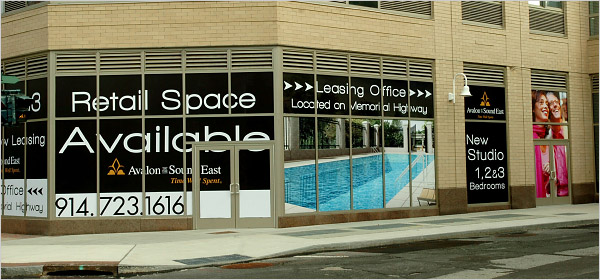Note from Storm: In an earlier article in Issue #5 of REVITALIZATION, I discussed the concept of Adaptive Renewal, which applies the emerging discipline of adaptive management to community revitalization.
The Urban Land magazine op-ed below points out the dangers of taking an arbitrary, non-adaptive approach to mixed-use redevelopment. Just because something is usually the right solution doesn’t mean it’s always right solution. Too many communities don’t take time to study the problem and needs first, and simply rubber-stamp the same solution on everything.
From the article: If city councils would learn that their inevitable mistakes would be an order of magnitude less harmful to their communities if they stuck to prohibiting uses rather than mandating them, the architectural landscape would be littered with far fewer carcasses.
If you live in a town of any size, chances are you drive past empty retail stores every day. Chances are just as good that a few of those sad storefronts are the redheaded stepchildren of mixed-use projects that, over the developer’s objections, were dictated by a well-intentioned city government.
Banning uses—such as casinos or adult entertainment—may be God’s work or weak-minded economic folly, but such prohibitions do not spawn buildings that will never lease; they do not cause instant blight. Rather, they are among a city’s weapons in its struggle against blight. Nor does forbidding a use harm a town except financially—a revenue loss most people would gladly concede to keep their neighborhoods wholesome.
Unfortunately, blight is built at the intersection of dreams and greed. For example: if, to achieve its sleepless dream, a town allows a developer to build so many apartments that he or she can make the project’s entire profit on them alone, the developer likely will agree to build the town’s ill-conceived retail stores at the project. If the developer does, the retail space will remain vacant until it is either demolished or rezoned. Why? Because rent is such a small part of a retailer’s operating expenses, it will lose money in a bad location even if its space is free. Quite literally, you cannot give away bad retail space.
Designing cities to escape the tyranny of the automobile—to allow people to walk from home to work to shopping—is a laudable goal. But when that goal is alloyed with a misunderstanding of basic economics and a “We know what’s best” arrogance on the part of cities, buildings no one wants—and, worse, no one can use—are too often the result.
“Build it and they will come” is a better movie line than a zoning policy.
[Photo credit: Alan Zale for The New York Times.]

